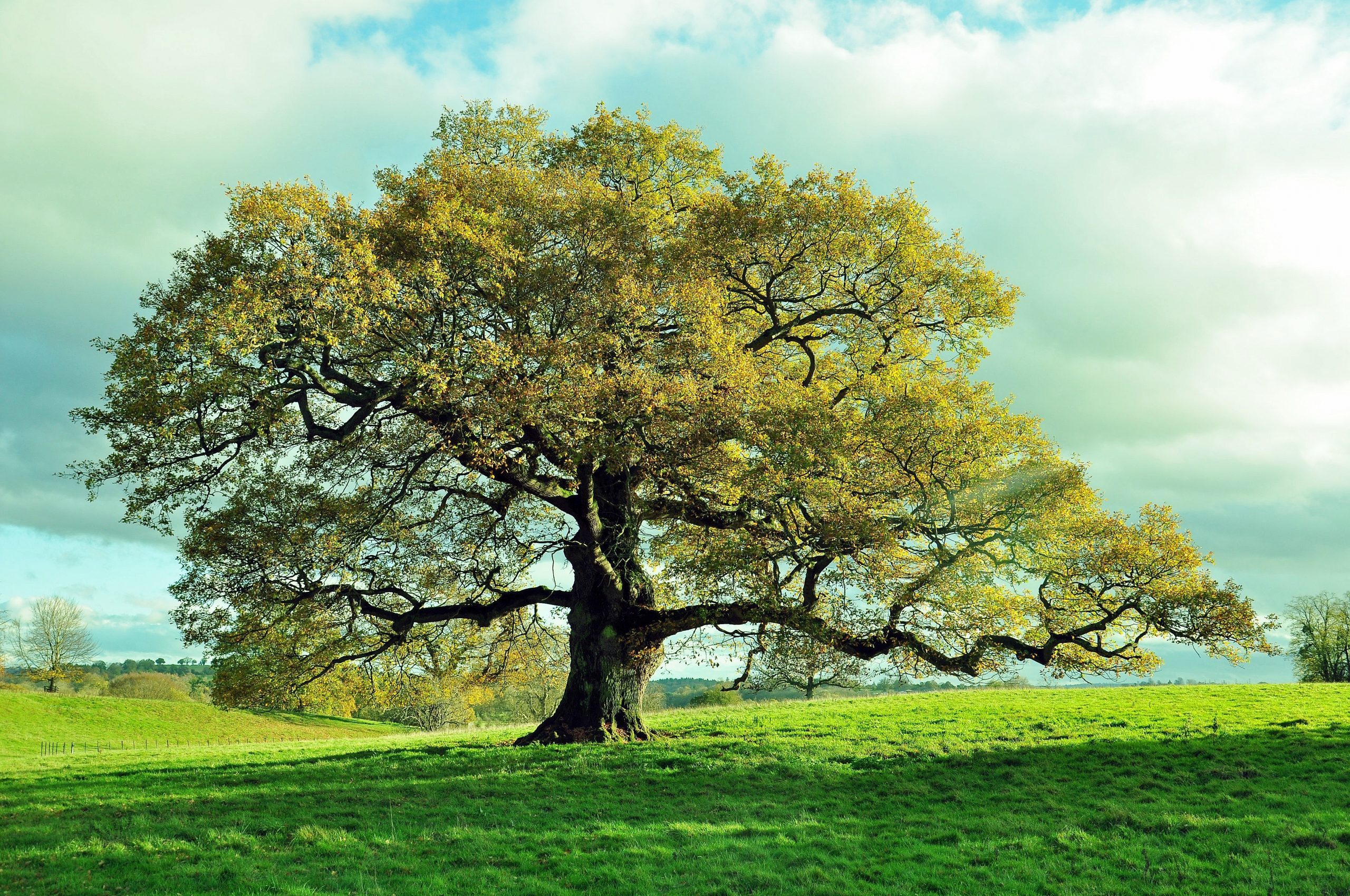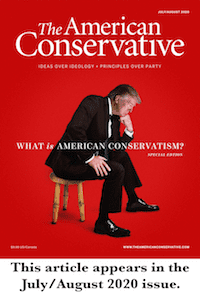Conservatism is Stewardship, Preserving Our Collective Inheritance

People today fall into one of two camps. On one side are those who take the threat of climate change seriously. On the other side are those who dismiss it as a hoax. I am in the former camp. As a consequence, my own definition of conservatism emphasizes the concept of stewardship, centered on preserving our collective inheritance, as a nation and as members of the larger human family.
The causes that mobilized prior generations of American conservatives—celebrating capitalism, resisting Leviathan, arming the nation to oppose totalitarianism—strike me as passé. In their day, those causes were important and even, in some respects, noble. But that day has now passed.
Stewardship has many dimensions. Yet it necessarily begins with safeguarding all that God has created and provided for our use. I do not assume that all conservatives are people of faith. Yet for those of us who are, preserving the planet for future generations will necessarily figure as a moral imperative. That said, harmonizing the American Way of Life with that imperative is sure to pose enormous challenges. In simplest terms, our understanding of what freedom requires, allows, and forbids must henceforth align with the need to prevent further damage to the natural world.
Given the fact that the notion of freedom to which most of our fellow citizens presently subscribe centers on growth, choice, consumption, and mobility—with collective obligation figuring only as an afterthought—this implies massive change. In my judgment, conservatives should be in the forefront of those promoting that change.
Perhaps inevitably, the underlying issue is cultural. Contemporary American culture, shaped by the demands of corporate capitalism, assumes that more is better, with glitz preferred over substance and novelty over the familiar. Conservatives should reject this tendency. While welcoming creativity whether in art or literature or music or architecture, they should cultivate an appreciation for things that possess enduring value. The past is a treasure trove of riches that Americans in the grip of postmodern nostrums are too quick to overlook or discard. Pushing back against that inclination also forms part of stewardship.
The chief adversary here is not multiculturalism as some on the Right appear to believe. American society has long been an ethnic, racial, regional, and religious amalgam. So it will—and should—remain. Indeed, conservatives should celebrate difference while opposing the forces of conformity and groupthink that serve the needs of the global marketplace. Amazon, Walmart, Facebook, Google, and Starbucks are hostile to conservative values. So too are all the other profit-minded behemoths that have come to dominate so much of American life.
E.F. Schumacher was right: small is beautiful. On that score, conservative stewardship should include an emphasis on localism, craftsmanship, and the principle of subsidiarity. I write this in the midst of the coronavirus pandemic. While authorities in Washington fumble and bumble ineptly, officials at the state and local levels are taking the actions that will limit the scope of this problem. As a resident of Walpole, Massachusetts, I am much more inclined to trust my family’s fate to our town’s selectmen and to Governor Charlie Baker than to Donald Trump and his COVID-19 czar Mike Pence.
The successive emergencies of World War II and the Cold War persuaded some conservatives to endorse the ever greater consolidation of power in Washington as essential to ensuring the nation’s security and survival. We ought to have known better then and today have no excuse for indulging this fallacious notion any further. Not for a second do I think that local officials always make smart decisions. But when they screw up, they are more likely to be held accountable than elected and appointed panjandrums residing in the Imperial City on the Potomac. Furthermore, in comparison with the Pentagon or the National Security Council, local jurisdictions can be quicker to detect error and more agile in taking corrective action.
What are the implications of stewardship conservatism for U.S. national security policy? It should mean rethinking the prevailing concept of “American global leadership” with its emphasis on amassing and expending military power, and then asking for a reload. Consider the period since 9/11 and the best term to describe the performance of the U.S. military is the opposite of stewardship: the operative theme has been mindless waste, most grotesquely in a series of mismanaged wars.
Since the Vietnam War and then the Reagan presidency, American conservatives have been unwaveringly pro-military. It’s become a signature of the Right, on a par with supporting abortion rights on the Left. Yet too often this has found conservatives reflexively supporting dubious interventions abroad, with the troops paying a heavy price for ill-advised wars undertaken by both Republicans and Democrats.
The number one priority for stewardship conservatism should be shielding the troops from further abuse. This implies using force only as a last resort and when genuinely vital interests are at stake. We need a military sized and positioned to defend our country and to deter potential adversaries. We don’t need a military charged with the pursuit of global hegemony. Never again should conservatives sign up for sending U.S. forces off on wild-eyed projects of regime change with expectations of peace, democracy, and gratitude the result.
and to deter potential adversaries. We don’t need a military charged with the pursuit of global hegemony. Never again should conservatives sign up for sending U.S. forces off on wild-eyed projects of regime change with expectations of peace, democracy, and gratitude the result.
A conservatism that emphasizes stewardship also means acknowledging a new set of emerging national security priorities. These include not only taking effective action to address climate change, but also dealing with the cumulative effects of pollution in all its myriad forms. Oh, and don’t overlook the viruses that pay no attention to national boundaries. Ignore these problems and they will only get worse.
Conservatives have tended to disparage such matters as the provenance of left-wing tree-huggers. We were wrong to do so. Hugging trees is an honorable calling. We should make it ours.
Andrew Bacevich is president of the Quincy Institute for Responsible Statecraft and The American Conservative’s writer-at-large.
Related: Introducing the TAC Symposium: What Is American Conservatism?
See all the articles published in the symposium, here.
Comments